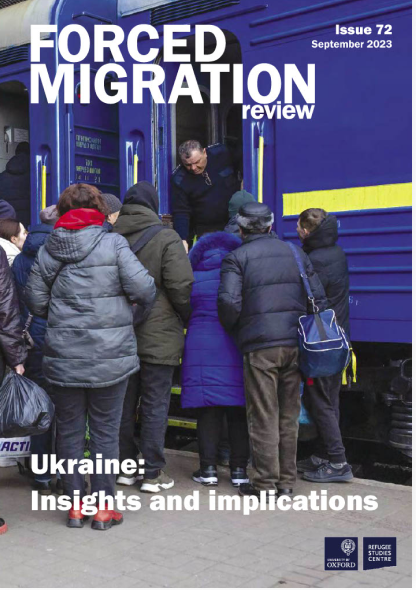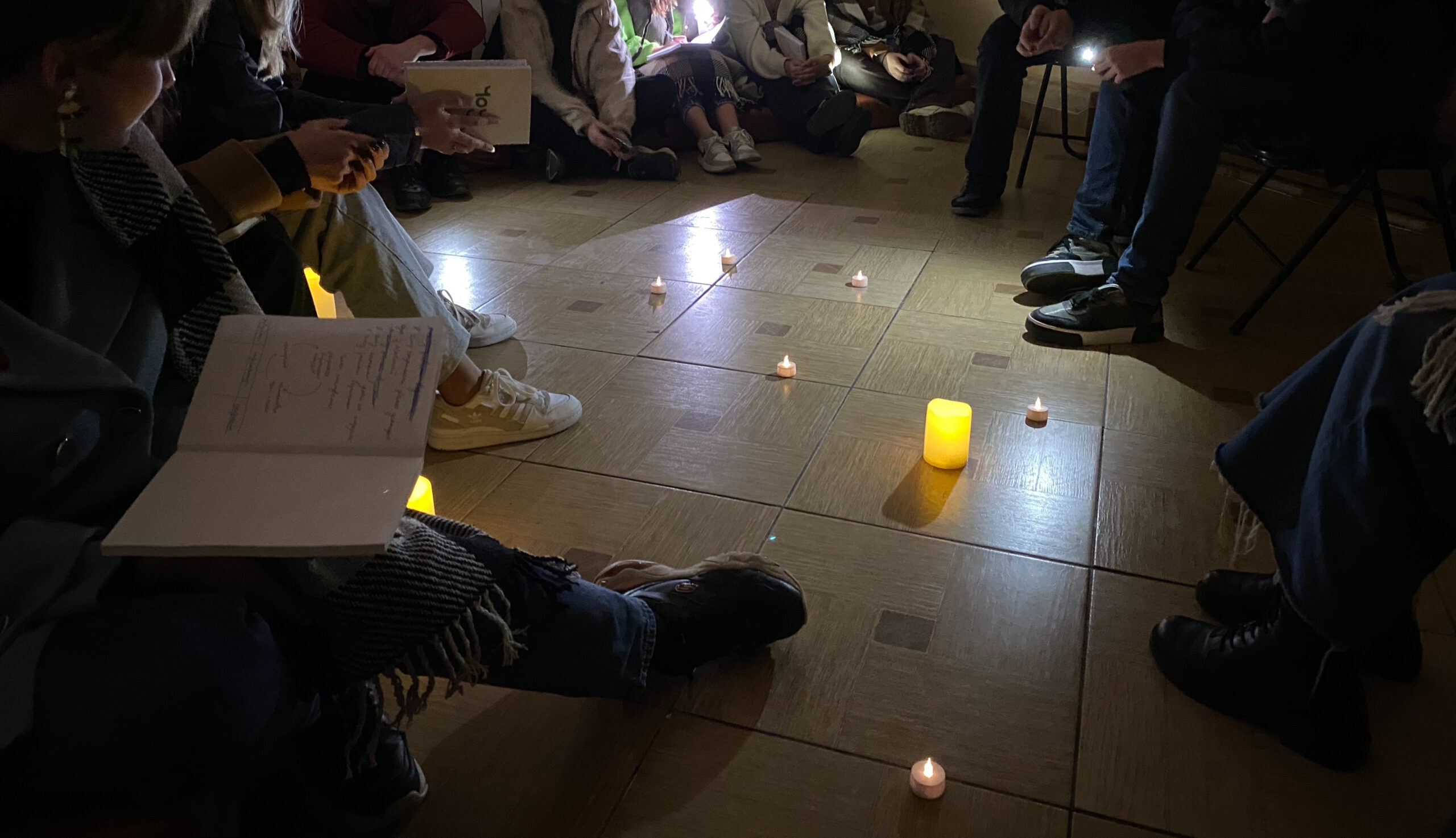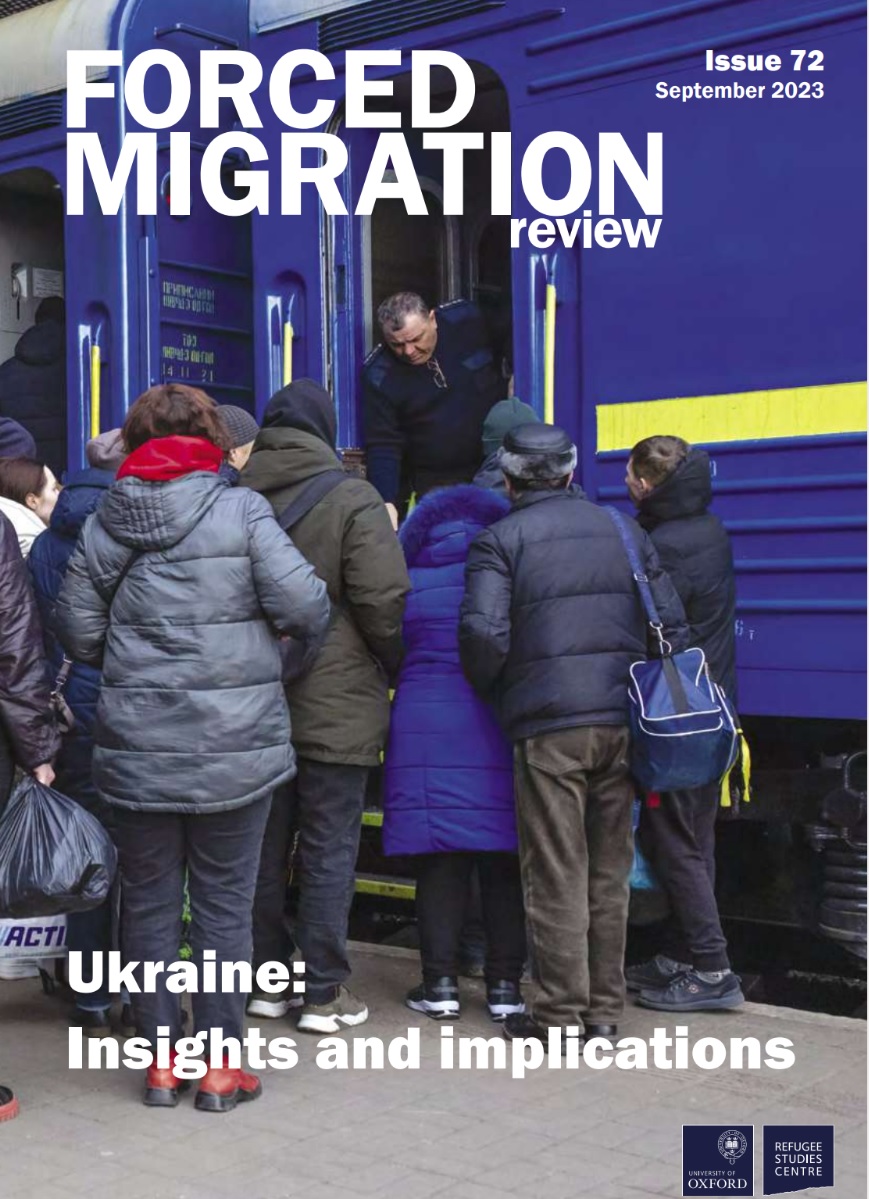Foreword
The war on Ukraine has uprooted people and wrought hardship, separation and suffering on millions of households on an epic, historic scale. Social theorists have long noted that disasters have a paradoxical tendency to bring out the best in humanity, providing ‘a glimpse of who else we ourselves may be and what else our society could become.’ The range of topics covered in this special edition on Ukraine attest to how much has been accomplished – but also to the challenges that lie ahead.






